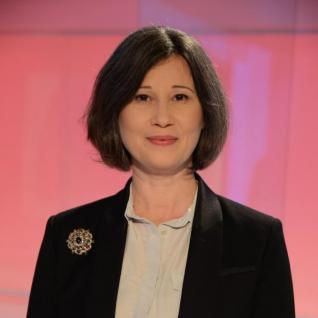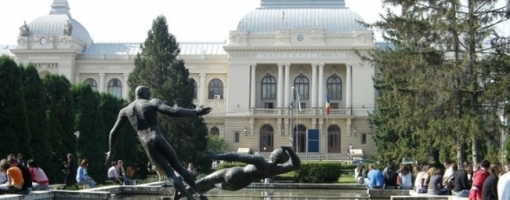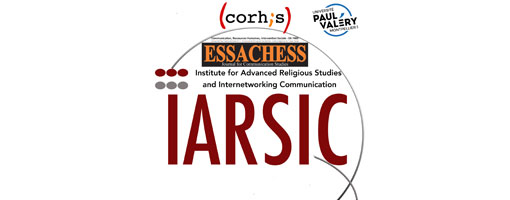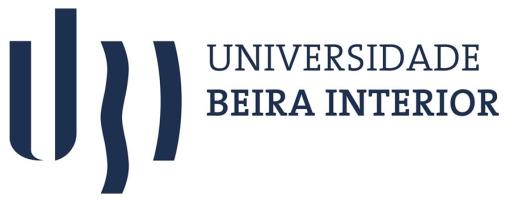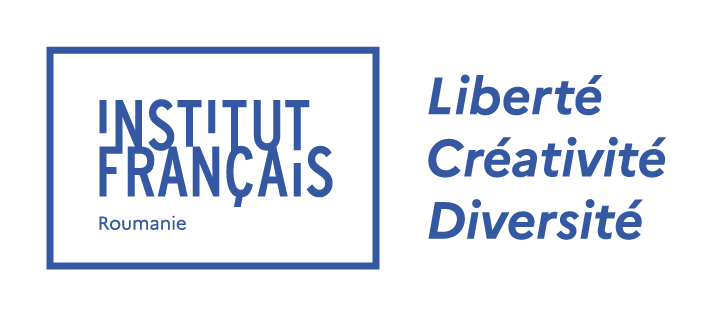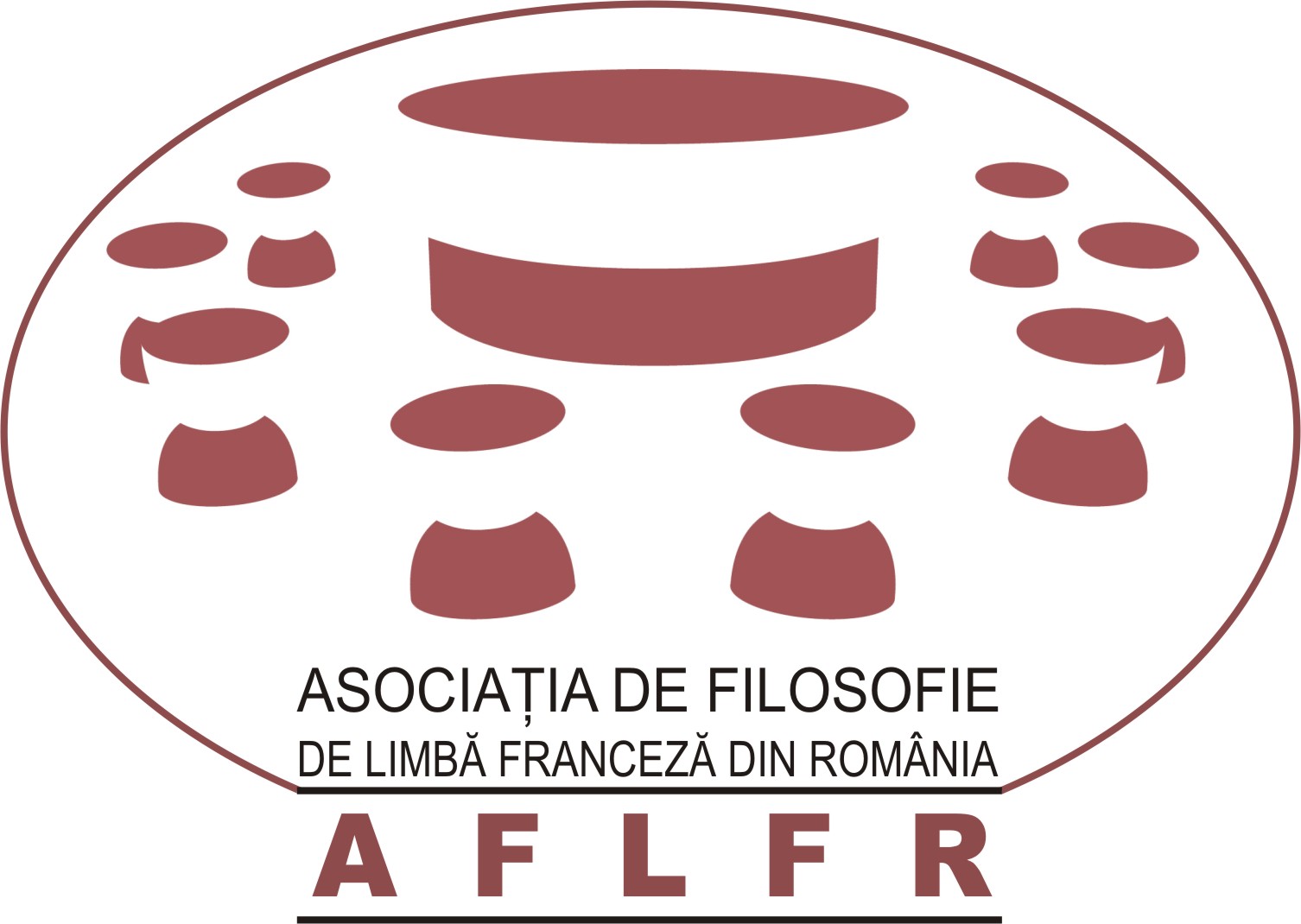Nowadays, UBI is a national and international reference institution,
in the
spheres of education, research, innovation and
entrepreneurship.
More and more concerned about quality, UBI has invested in the
creation of
well-equipped laboratories, in the expansion of its facilities, in
the
involvement in research projects of national and international
scope, and in
a
qualified teaching staff. Two of the hallmarks of this
University are
the
provision of laboratories in all teaching areas and teacher-student
proximity
education. With approximately 7000 students, this institution
has now
more
than 29 undergraduate or master courses, about 40
2nd cycle/master
courses
and about 25 3rd cycle/doctorate courses, distributed by its
five
faculties: Faculty of Sciences, Faculty of Engineering, Faculty of
Social
Sciences and Humanities, Faculty of Arts and Letters and Faculty of
Health
Sciences. Currently, in terms of human resources, UBI has more than
600
teachers
and 270 employees throughout its five faculties and services.
History
The first steps on the path of what is now the University of Beira
Interior
(UBI) were given in the 70, when the Instituto Politécnico da
Covilhã (IPC)
was
born, in 1973. The city, once considered "The Portuguese
Manchester",
by its long tradition, dynamics and wool quality, was struck, in
this
decade, by
an industrial crisis: large and small factories had begun to reveal
serious
weaknesses that would lead to their closure, with disastrous social
and
economic
consequences for the region.
It was in this panorama, and since the beginning of the activities
of the
working group for the Regional Planning of Cova da Beira, that the
idea to
create a higher education institution in the region came up, in
order to
provide
their inhabitants the possibility to pursue post-secondary studies
without
the
obligation to move to other parts of the country, most of the times
forever.
The UBI's statutes were revised in accordance with the Legal Regime
of the
Higher Education Institutions (Law 62/2007 of 10 September). One of
the most
interesting of UBI's physical features is the fact that the
institution is
the
result of the recovery of ancient buildings, of great historic,
cultural and
architectural value. At the same time, it has been possible to
preserve some
historical landmarks of the city and revitalize them in spaces
conceived for
teaching and research.
In the 90s, the University was expanded to the far north of the
city, along
the
Ribeira da Carpinteira. In 2006, the construction of the Faculty of
Health
Sciences was concluded, thus fulfilling the setup program of the
Medicine
course
infrastructures, which started functioning in 2001/2002.
Currently, the UBI hosts more than 7 thousand students spread across
five
faculties – Arts and Letters, Sciences, Health Sciences, Social and
Human
Sciences, Engineering – with a formative offer adequate to Bologna,
as well
as
laboratory and research structures to support the teaching process
and with
strong links to society and to the business world.
Faculty of Arts and Letters
Created in 2000, the Faculty of Arts and Letters is located in the
former
premises of the "Real Fábrica de Panos", founded by the Marquis of
Pombal in
1764. Born of an original concept in the Portuguese Academy of that
time, it
encompasses traditional areas of Letters, Philosophy, Design, Cinema
and
Communication Sciences, as well as its strands of> Journalism,
Advertising
and
Public Relations.
- Department of Communication and Arts
- Department of Letters

